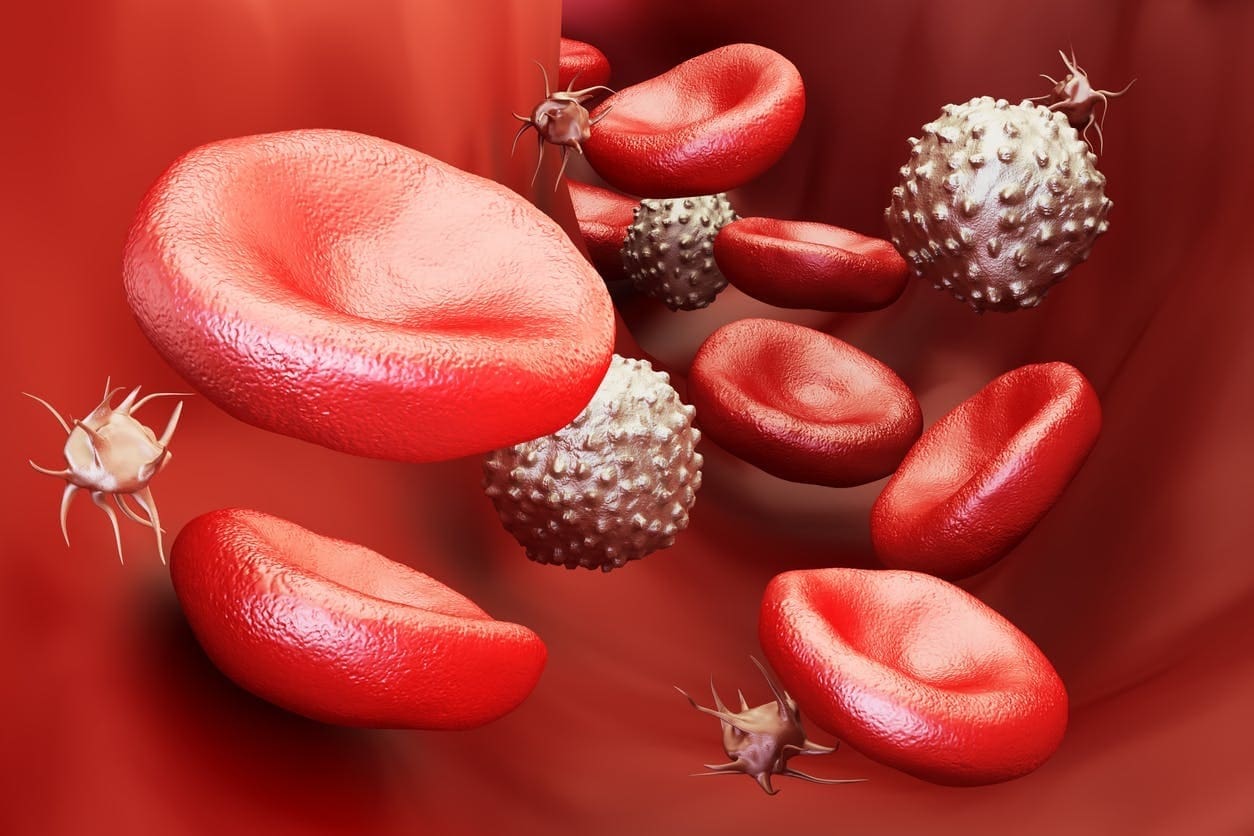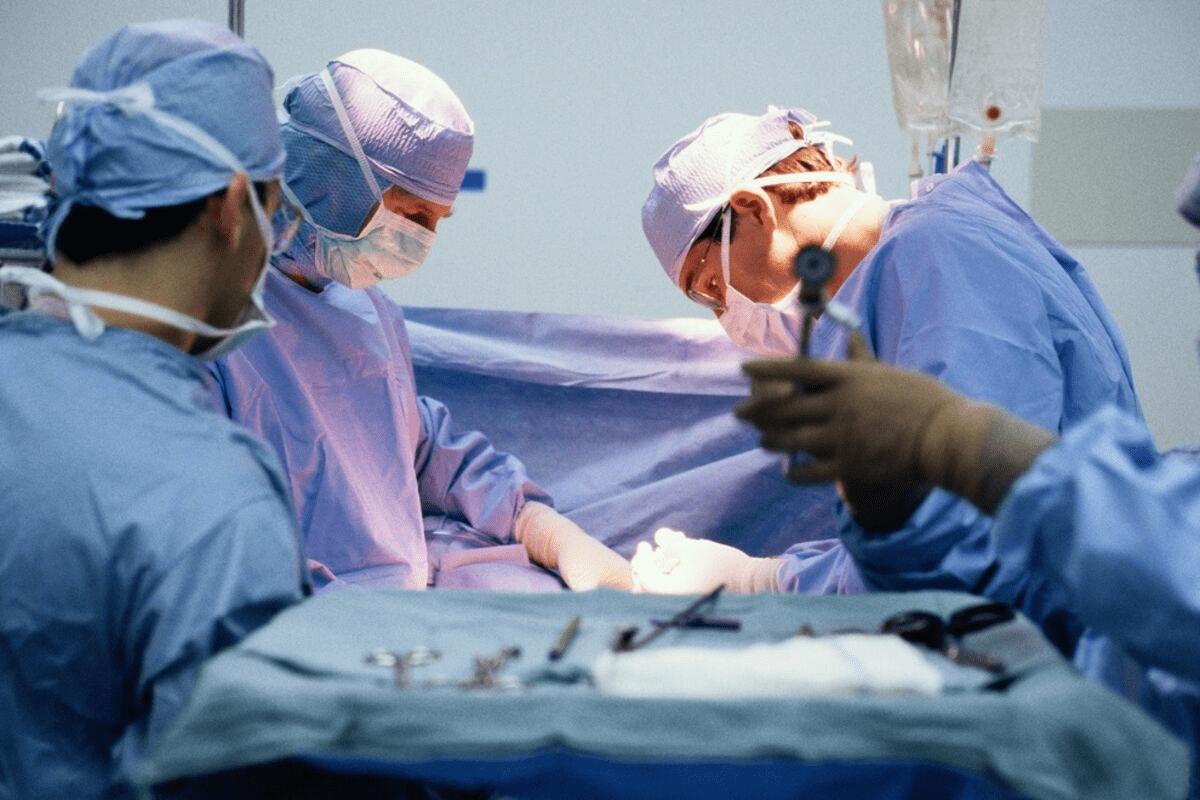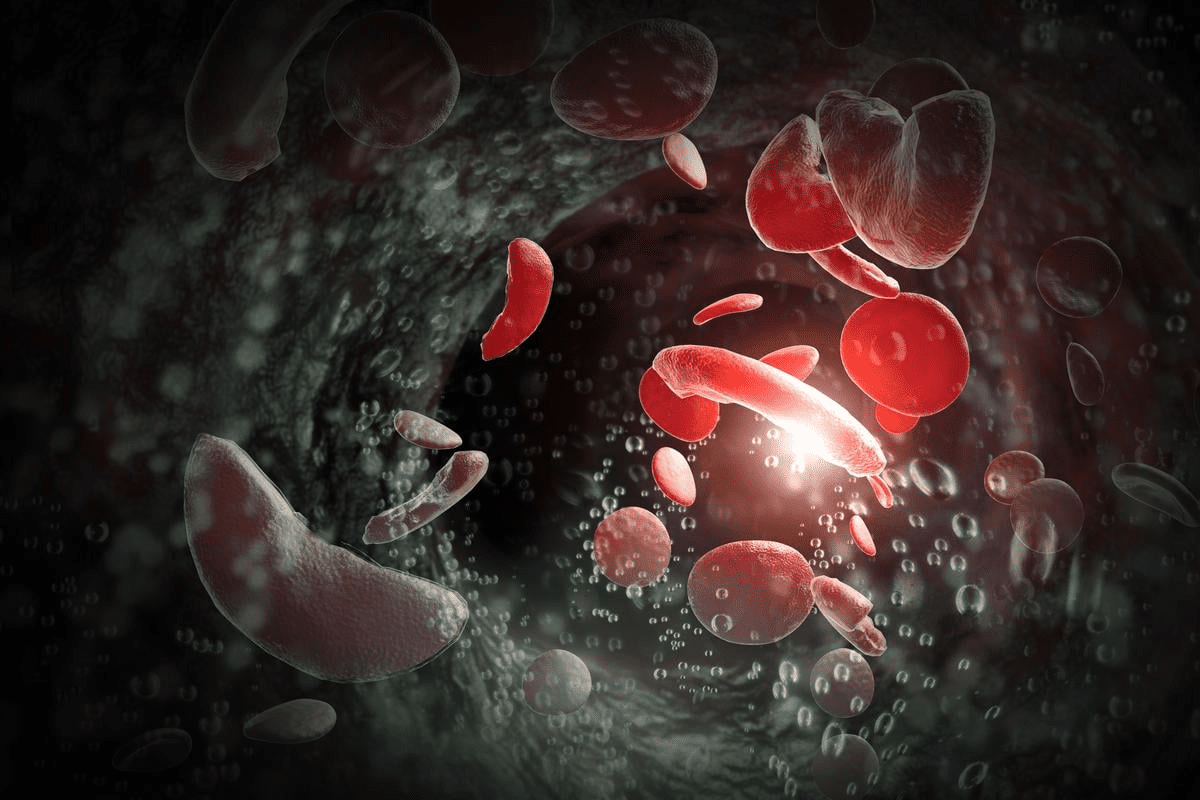Last Updated on November 26, 2025 by Bilal Hasdemir
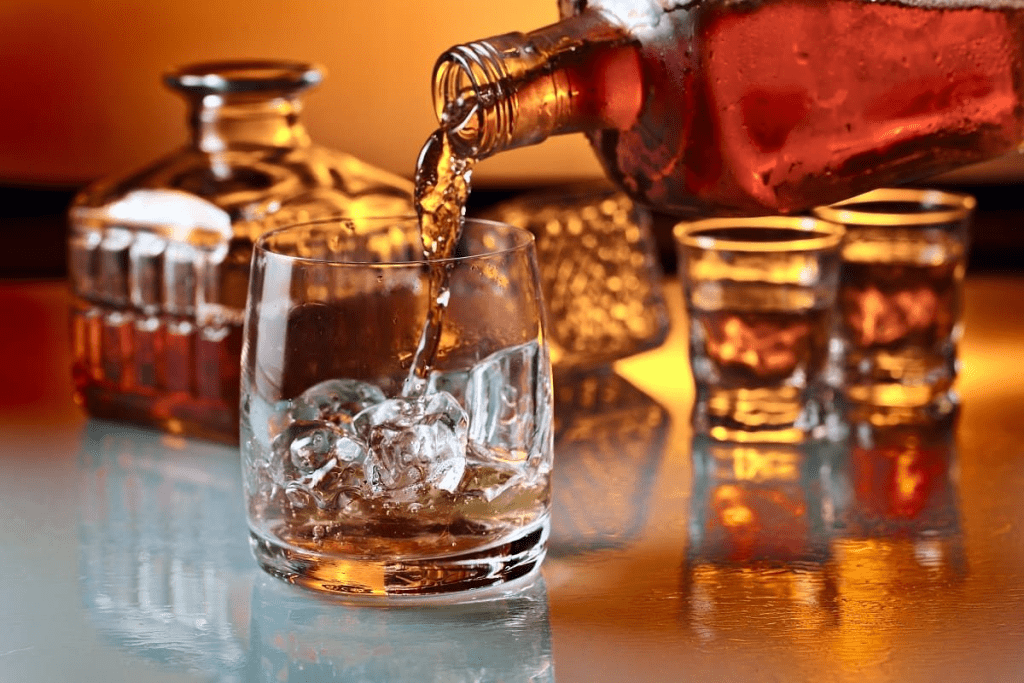
Prostate cancer remains a major health concern for men, with over 200,000 new cases diagnosed annually in the United States. Research shows a possible link between heavy drinking and higher risk. It’s key for men to know how alcohol affects their prostate health.
The link between alcohol consumption and prostate cancer is not simple. Some studies say heavy drinking might raise the risk of prostate cancer. But others find no strong connection. More research is needed to get a clear picture.
Key Takeaways
- Prostate cancer is a big health issue for men in the U.S.
- Research suggests a possible link between heavy alcohol use and higher prostate cancer risk.
- The current evidence on alcohol and prostate cancer risk is not clear.
- It’s important for men to understand how alcohol affects their prostate health.
- More studies are needed to figure out the exact risks of alcohol and prostate cancer.
The Relationship Between Alcohol and Cancer
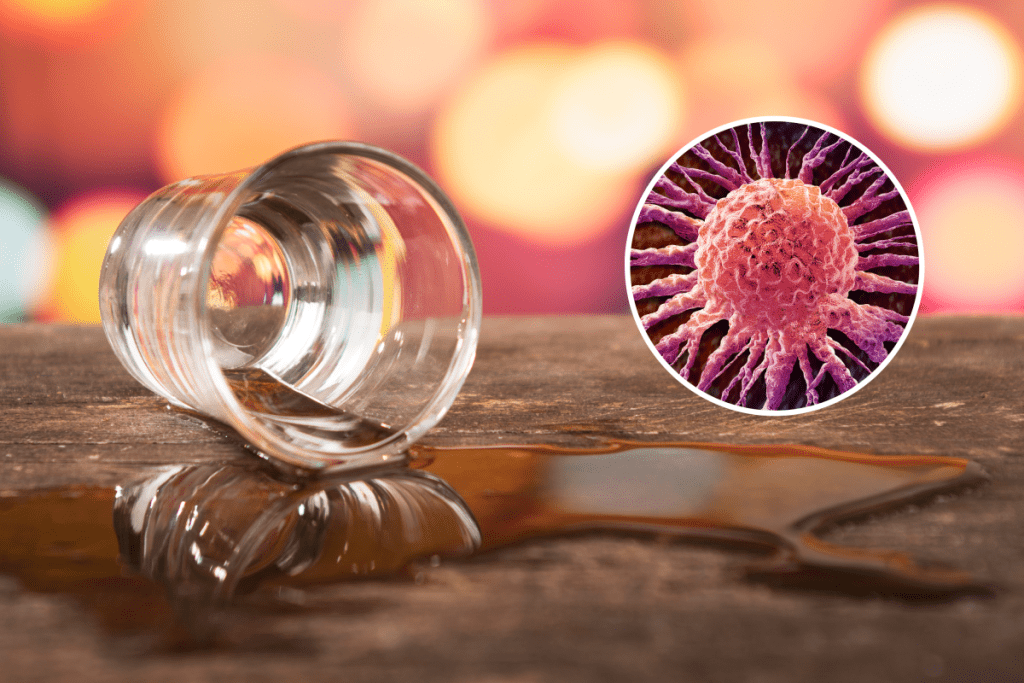
The International Agency for Research on Cancer (IARC) has classified alcohol as a known carcinogen. This means it can cause cancer. They based this on a lot of research showing alcohol’s link to several cancers.
Alcohol as a Known Carcinogen
Drinking alcohol is linked to cancers like liver, breast, and colon cancer. The IARC’s classification shows alcohol’s role in raising cancer risk. A recent study found alcohol’s effect on cancer risk is a big public health worry wine and cancer risk comparison.
How Alcohol Affects the Body at the Cellular Level
Alcohol harms the body by damaging DNA and messing with cell division. When we drink, our body turns alcohol into acetaldehyde, a harmful substance. This can cause genetic changes and lead to cancer.
Alcohol also causes oxidative stress, which damages DNA and helps cancer grow. Knowing how alcohol works at the cellular level helps us understand its cancer risk. This knowledge helps researchers study alcohol’s link to cancer.
Understanding Prostate Cancer: The Basics
Prostate cancer is a common disease in men. It’s important to know the basics. In the United States, it’s one of the top cancers in men.
Looking at the stats and risk factors is key. The American Cancer Society says 1 in 8 men will get prostate cancer.
Prostate Cancer Statistics in the United States

Prostate cancer is widespread. It’s the second biggest killer in men in the U.S. Recent data shows this clearly.
| Year | New Cases | Deaths |
| 2020 | 191,930 | 33,330 |
| 2021 | 248,530 | 34,130 |
| 2022 | 268,490 | 34,500 |
Common Risk Factors for Prostate Cancer
There are several risk factors for prostate cancer. Age is a big one, with most cases in men over 65.
- Age: The risk goes up with age.
- Family History: Men with a family history are at higher risk.
- Ethnicity: African American men face a higher risk.
Knowing these risk factors helps men prevent it. It also helps them make better health choices.
Alcohol and Prostate Cancer Risk: What the Science Says
Alcohol’s effect on prostate cancer risk is a topic of much debate. Many studies have looked into how drinking alcohol might affect prostate cancer. But, the results are mixed.
Major Epidemiological Studies
Several big studies have looked at alcohol and prostate cancer. A 2018 study in “Prostate Cancer and Prostatic Diseases” found heavy drinking might raise cancer risk. It combined data from many studies to spot trends.
A study in the Journal of Clinical Oncology also found something interesting. It said drinking a lot could slightly increase cancer risk. This was based on a big group of men.
“Our findings suggest that heavy alcohol consumption may be associated with an increased risk of prostate cancer, highlighting the importance of moderation in alcohol intake.”
Conflicting Research Findings
But, not all studies agree. Some say drinking in moderation doesn’t really raise cancer risk. This has caused confusion in the scientific world.
| Study | Findings | Population |
| 2018 Meta-Analysis | Heavy drinking associated with increased prostate cancer risk | Multiple studies |
| Journal of Clinical Oncology Study | High alcohol intake linked to modestly increased prostate cancer risk | Large cohort of men |
| Contradictory Study | No significant association between moderate alcohol consumption and prostate cancer risk | Specific demographic group |
The mixed results show how hard it is to understand alcohol’s effect on prostate cancer. Things like the type of alcohol, how often you drink, and your own health can all matter.
Different Types of Alcohol and Their Effects on Prostate Health
Studies have looked into how different alcohols like beer, wine, and spirits affect prostate health. This is important because alcohol’s health impact can change based on the drink type.
Beer and Prostate Cancer Risk
A 2019 study in the “Journal of Clinical Oncology” found beer linked to higher prostate cancer risk. The exact reasons are unclear, but it might be due to beer’s compounds or its high calorie and carb content.
Key findings from studies on beer and prostate cancer:
- Some studies show a link between beer and higher prostate cancer risk.
- The impact of beer’s ingredients, like hops or barley, is being studied.
Wine and Prostate Cancer Studies
Red wine has antioxidants like resveratrol, which might help health. Some studies suggest it may not raise prostate cancer risk and could even protect. But, more research is needed to be sure.
“Moderate wine consumption may be associated with a reduced risk of certain health issues, but its specific impact on prostate cancer requires further investigation.”
The antioxidant properties of wine might explain any health benefits. But, it’s important to drink in moderation to avoid harm.
Spirits and Their Impact
The link between spirits and prostate cancer is not well understood. Some studies have mixed results. Spirits’ high alcohol content can cause oxidative stress and harm prostate health.
Considerations for spirits consumption:
- The high alcohol content can lead to adverse health effects.
- Mixers and additives in spirit-based drinks can add calories and potentially harmful ingredients.
In conclusion, different alcohols have different effects on prostate health. Beer might increase prostate cancer risk, while wine could be neutral or protective. Spirits’ impact is less clear. Knowing these differences helps make better choices about drinking.
The Dose-Response Relationship: How Much is Too Much?
Understanding how alcohol affects prostate cancer risk is key for men. It helps them make better choices about drinking. Knowing the terms for alcohol levels is important.
Light vs. Moderate vs. Heavy Drinking Definitions
Research on alcohol and prostate cancer sorts drinking into three types: light, moderate, and heavy.
- Light drinking means up to 1 drink a day.
- Moderate drinking is 1-2 drinks a day for men.
- Heavy drinking is 3-4 or more drinks a day, depending on the study.
Heavy Drinking and Prostate Cancer: What the Research Shows
A 2020 study in the “Journal of the National Cancer Institute” found heavy drinking raises prostate cancer risk. The exact reasons are unclear. But heavy drinking can change hormone levels and increase oxidative stress, both linked to cancer.
Research on heavy drinking and prostate cancer shows:
- Heavy drinkers face a higher risk of prostate cancer than light or non-drinkers.
- Alcohol may affect hormone levels, like testosterone, which impacts cancer risk.
- Alcohol can cause oxidative stress and DNA damage, leading to cancer.
This research stresses the need to consider alcohol when trying to lower prostate cancer risk.
Biological Mechanisms: How Alcohol Affects Prostate Cancer Cells
The link between drinking alcohol and prostate cancer is complex. It involves many biological processes. To grasp how alcohol impacts prostate cancer, we must look at its effects on hormone levels and cell functions.
Alcohol’s Effect on Hormone Levels in Men
Drinking alcohol can change hormone levels in men, including testosterone and estrogen. These changes might affect prostate cancer risk. For example, some studies indicate that alcohol can shift the balance between testosterone and estrogen. This shift may help prostate cancer grow.
- Alcohol can raise estrogen levels, which can help prostate cancer cells grow.
- Testosterone levels can also change, possibly affecting how prostate cancer cells multiply.
Oxidative Stress and DNA Damage
When alcohol is broken down, it creates reactive oxygen species (ROS). This leads to oxidative stress and DNA damage. Such damage can start and spread prostate cancer. Studies have found that:
- Oxidative stress can cause genetic changes in prostate cells.
- DNA damage from alcohol can weaken cell repair systems.
A study in a top cancer research journal said, “Drinking alcohol is linked to more oxidative stress and DNA damage. These can help cancer grow.”
“Long-term drinking can cause lasting oxidative stress. This creates an environment where tumors can grow and spread.”
It’s key to understand these biological processes to know the risks of alcohol and prostate cancer. By studying alcohol’s impact on hormone levels and cell functions, researchers can uncover how alcohol and prostate cancer are connected.
The Role of Genetics in Alcohol and Prostate Cancer Connection
Genetics play a big role in how alcohol affects us and our risk of prostate cancer. They can change how we react to alcohol and our chances of getting prostate cancer.
Genetic Predisposition to Both Alcohol Sensitivity and Prostate Cancer
Studies show that our genes affect how we break down alcohol and our risk of prostate cancer. Some genes change how we process alcohol, like alcohol dehydrogenase and aldehyde dehydrogenase. This can make us more sensitive to alcohol.
A study in the Journal of Clinical Oncology found a link. Men with certain genes that slow alcohol breakdown had a higher prostate cancer risk. This shows how important genetics are in the alcohol-prostate cancer link.
Ethnic Variations in Alcohol Metabolism and Prostate Cancer Risk
How we metabolize alcohol can also vary by ethnicity. This affects our risk of prostate cancer. Different ethnic groups have different genes that change how they break down alcohol.
For example, people of East Asian descent often have genes that make them more sensitive to alcohol. This genetic difference might affect their prostate cancer risk.
“The genetic underpinnings of alcohol metabolism and prostate cancer susceptibility are complex and multifaceted, requiring further research to elucidate the underlying mechanisms.”
We need more research to understand how ethnic differences in alcohol genes affect prostate cancer risk. This knowledge could help give better health advice to each person.
Does Alcohol Make Existing Prostate Cancer Worse?
Many prostate cancer patients worry about how drinking alcohol might affect their disease. Research has shed light on how alcohol might impact the risk of cancer coming back and survival rates.
Alcohol Use and Prostate Cancer Recurrence
Research has looked into how drinking alcohol might raise the risk of prostate cancer coming back. A 2019 study in the “Journal of Clinical Oncology” found that drinking in moderation didn’t increase this risk. But, what’s considered moderate drinking can vary, and people’s tolerance to alcohol is different.
Key findings from recent studies:
- Moderate alcohol consumption is often seen as up to two drinks a day for men.
- The effects of heavy drinking on cancer coming back are not as clear, with some studies hinting at a possible link.
Alcohol and Prostate Cancer Survival Rates
Research also focuses on how alcohol affects survival rates for prostate cancer. Some studies say that drinking in moderation might not harm survival rates. But, others worry about the possible negative effects of drinking too much.
| Study | Findings | Alcohol Consumption Level |
| 2019 Journal of Clinical Oncology Study | No significant association with prostate cancer recurrence | Moderate |
| 2020 Prostate Cancer Study | Potential increased risk with heavy drinking | Heavy |
In summary, while the research isn’t complete, it hints that drinking in moderation is unlikely to make prostate cancer worse. But, drinking too much might harm recurrence and survival rates. It’s best for patients to talk to their doctors for advice tailored to their situation.
The Red Wine Paradox: Potential Protective Effects
The ‘red wine paradox’ is a phenomenon where drinking red wine might lower prostate cancer risk. This idea has caught the attention of many in the medical field. They are looking into how red wine could protect against cancer.
Red wine has compounds that could fight cancer. Resveratrol is one of these, known for its antioxidant and anti-inflammatory properties.
Resveratrol and Other Compounds in Red Wine
Resveratrol, found in red grape skins, is thought to be key in red wine’s cancer-fighting abilities. Research shows it can stop cancer cells from growing and cause them to die. This is true for many cancers, including prostate cancer.
Red wine also has other polyphenols and antioxidants. These can help lower oxidative stress and inflammation. Both are linked to higher cancer risks.
Red Wine and Prostate Cancer Research: What We Know
Many studies have looked at red wine and prostate cancer. While the results are not all the same, some suggest a link. Moderate red wine drinking might lower prostate cancer risk.
A study in the Journal of Clinical Oncology found that drinking red wine in moderation could lower prostate cancer risk. But, it’s important to remember that too much alcohol is bad for your health.
We need more research to understand how red wine might protect against prostate cancer. We also need to know how compounds like resveratrol work.
Lifestyle Factors That Interact With Alcohol
It’s important to know how lifestyle choices affect alcohol use and prostate cancer risk. Things like diet, exercise, and health habits can change a person’s risk of getting prostate cancer.
Alcohol, Diet, and Prostate Cancer Risk
A 2020 review in the “Journal of Nutrition and Cancer” showed that a healthy lifestyle can help counteract alcohol’s risks. Eating lots of fruits, vegetables, and whole grains can lower cancer risk, including prostate cancer.
- Eating too much processed meat and dairy might raise prostate cancer risk.
- Foods high in antioxidants can fight oxidative stress, which helps prevent cancer.
- Staying at a healthy weight through good eating and exercise is key.
Combined Effects of Alcohol and Other Prostate Cancer Risk Factors
The effects of alcohol and other prostate cancer risk factors can be complex. For example, men with a family history of prostate cancer might be more at risk from alcohol.
- Smoking and drinking alcohol together can greatly increase health risks, including cancer.
- Not being active and drinking a lot can make health problems worse.
- Genetics can change how alcohol affects the body and prostate health.
Knowing how these factors interact can help men make better choices about their lifestyle, including drinking. This might lower their risk of prostate cancer.
Can Quitting Alcohol Lower Prostate Cancer Risk?
Recent studies have looked into if stopping alcohol can lower prostate cancer risk. This is important for men worried about their prostate health.
Evidence on Risk Reduction After Cessation
A 2019 study in the “Journal of Clinical Oncology” found good news. It showed that stopping heavy drinking can lower prostate cancer risk. This means quitting alcohol might help keep the prostate healthy.
This study’s results are key. They show that changing how much alcohol you drink can help lower prostate cancer risk. But, we need more research to fully understand this.
Timeframe for Possible Benefits
The exact time it takes to see benefits from quitting alcohol isn’t clear. But, early stopping might help. Men who stop heavy drinking could see a drop in prostate cancer risk over time.
It’s also important to remember that everyone reacts differently to quitting alcohol. Things like lifestyle, genes, and other health issues can affect how much benefit you get.
To wrap up, quitting alcohol might help lower prostate cancer risk. Men should talk to their doctors about the benefits of stopping alcohol and other ways to stay healthy.
Alcohol and Prostate Cancer Prevention Myths
It’s important for men to know the truth about alcohol and prostate cancer. Many myths can lead to unhealthy choices. Accurate info is key to reducing risk.
Common Misconceptions About Alcohol and Prostate Health
Some think drinking a little is okay for prostate health. But, studies show even a bit of alcohol might raise cancer risk. For men, moderate drinking is up to one drink a day.
Another myth is that some alcohols are safer than others. Some say red wine is good because of resveratrol. But, the science isn’t solid, and more research is needed.
“The relationship between alcohol consumption and prostate cancer risk is complex and influenced by multiple factors, including the type of alcohol consumed and individual susceptibility.”
Separating Fact from Fiction
To know what’s true, we must look at the science. Research shows heavy drinking might increase cancer risk.
| Alcohol Consumption Level | Relative Risk of Prostate Cancer |
| Light Drinking | 1.0 (Reference) |
| Moderate Drinking | 1.1-1.3 |
| Heavy Drinking | 1.4-1.7 |
By understanding alcohol’s impact, men can make better choices. This knowledge helps in making a healthier lifestyle.
Recommendations for Men Concerned About Prostate Cancer
To lower prostate cancer risk, men should make smart choices about drinking and lifestyle. They can follow several steps to reduce their risk.
Alcohol Moderation Guidelines
The American Cancer Society advises men to drink no more than 2 drinks a day. This is key for lowering prostate cancer risk.
It’s also important to know what a “drink” is. A standard drink is:
- 12 ounces of beer
- 5 ounces of wine
- 1.5 ounces of distilled spirits
Knowing these definitions helps men make better choices about drinking.
Other Lifestyle Modifications for Prostate Health
Along with drinking less, other lifestyle changes help prostate health. These include:
- Keeping a healthy weight with a balanced diet and exercise
- Eating a diet full of fruits, vegetables, and whole grains
- Doing regular physical activity
These habits not only help the prostate but also improve overall health.
By drinking less and making these lifestyle changes, men can lower their prostate cancer risk.
Conclusion: Making Informed Decisions About Alcohol Consumption
It’s important for men to understand how alcohol affects prostate cancer risk. Knowing the risks helps them make better choices about drinking. They can then take steps to lower these risks, like drinking less and living healthier.
Deciding how much alcohol to drink involves looking at several things. This includes the type and amount of alcohol and overall lifestyle. Men worried about prostate cancer should know the dangers of too much drinking. They might want to drink less.
Living a balanced life and watching alcohol intake can help lower prostate cancer risk. This means following the right amount of drinking and adding healthy habits to daily routines.
FAQ
Does drinking alcohol cause prostate cancer?
The link between alcohol and prostate cancer is not clear. Studies have shown mixed results. Some say there might be a connection, while others find no strong link.
How does alcohol affect prostate health?
Alcohol can harm the prostate in several ways. It can change hormone levels, cause oxidative stress, and damage DNA.
Is there a difference between beer, wine, and spirits in terms of prostate cancer risk?
Different types of alcohol might affect the prostate differently. Some studies suggest that red wine might be protective because of compounds like resveratrol.
What is considered heavy drinking in terms of prostate cancer risk?
Heavy drinking is usually more than 3-4 drinks a day. But, this can vary based on the study and individual factors.
Can quitting alcohol lower prostate cancer risk?
Quitting alcohol might lower the risk of prostate cancer. But, how long it takes to see benefits is not clear.
How does genetics play a role in the relationship between alcohol and prostate cancer?
Your genes can affect how alcohol and prostate cancer interact. Ethnic differences in alcohol metabolism also play a role.
Does alcohol make existing prostate cancer worse?
Some studies suggest alcohol might worsen prostate cancer outcomes. Heavy drinking might be linked to poorer results.
Are there any lifestyle modifications that can help reduce prostate cancer risk?
Yes, there are. Eating well, staying active, and managing weight can help. These habits, along with drinking less, can lower risk.
What are some common misconceptions about alcohol and prostate health?
Many think moderate drinking is safe or that some alcohols are better than others. But, individual tolerance and risk factors matter more.
Are there any guidelines for alcohol moderation in relation to prostate cancer risk?
Men should aim for up to 2 drinks a day. Talking to a doctor about your risk factors is also wise.
How does alcohol consumption interact with other prostate cancer risk factors?
Alcohol can work with other lifestyle factors like diet and exercise to affect risk. Knowing these interactions helps make better health choices.
Is red wine protective against prostate cancer?
Some studies hint that red wine might protect due to compounds like resveratrol. But, more research is needed to confirm this.
References
- American Cancer Society. (2024). Prostate Cancer Early Detection. https://www.cancer.org/cancer/prostate-cancer/detection-diagnosis-staging/acs-recommendations.html


